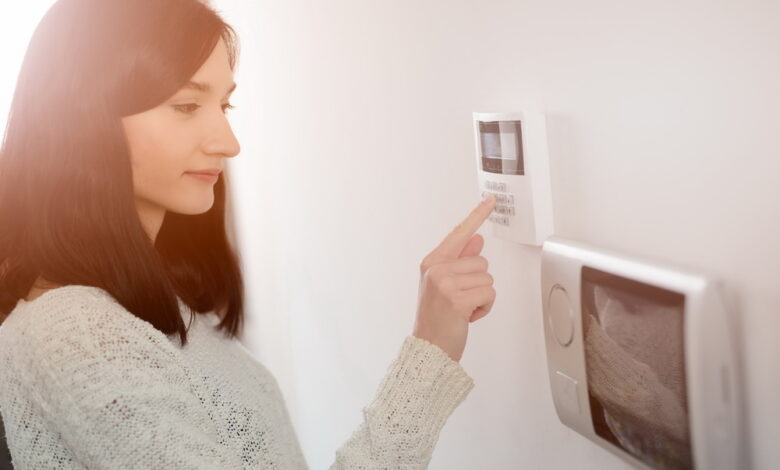
Think Things Through Before You Invest in Home Security – 2024 Guide
Interest in home security has certainly grown in recent years. So much so that an Inc. article published in 2017 estimated that the home security market would be worth in excess of $100 billion by 2024. We will not know if those predictions are true until numbers come out in 2024, but even casual observation shows that homeowners are looking at security systems in greater numbers.
The thing about home security is that it is a fragmented industry. You have companies that design and professionally install systems that come complete with 24-hour monitoring. Then you have your DIY suppliers. These are companies that produce and sell wireless home security systems that homeowners install themselves.
Do not forget manufacturers that produce individual home security components that can be added on a mix-and-match basis. They are making wireless video cameras, video doorbells, automated lighting systems, and so forth. Simply put, there are a lot of players in the home security market offering a wide variety of products and services.
1. Analyze Your Home’s Needs

It makes sense to think things through before you invest in home security. Just like car insurance and mortgages, there are too many things in play to jump right in without any thought. So what do you need to think about? Let us start by analyzing your home’s needs.
To make this more personal, imagine you are a homeowner in Houston, Texas. The Houston Chronicle reports that recent coronavirus-related increases in crime are causing more area homeowners to consider adding extra security. Imagine you are among them. What will you add?
What you add depends on a combination of what you already have and what your home needs. If you have absolutely nothing, a good place to start is burglary protection. Knowing the way burglars do what they do suggests starting with door and window devices that trigger an alarm when breached.
From there you might add a couple of security cameras along with a video doorbell. You will certainly have to think about monitoring as well. That leads us to the next consideration: who is watching your home.
2. Professional vs. DIY Monitoring
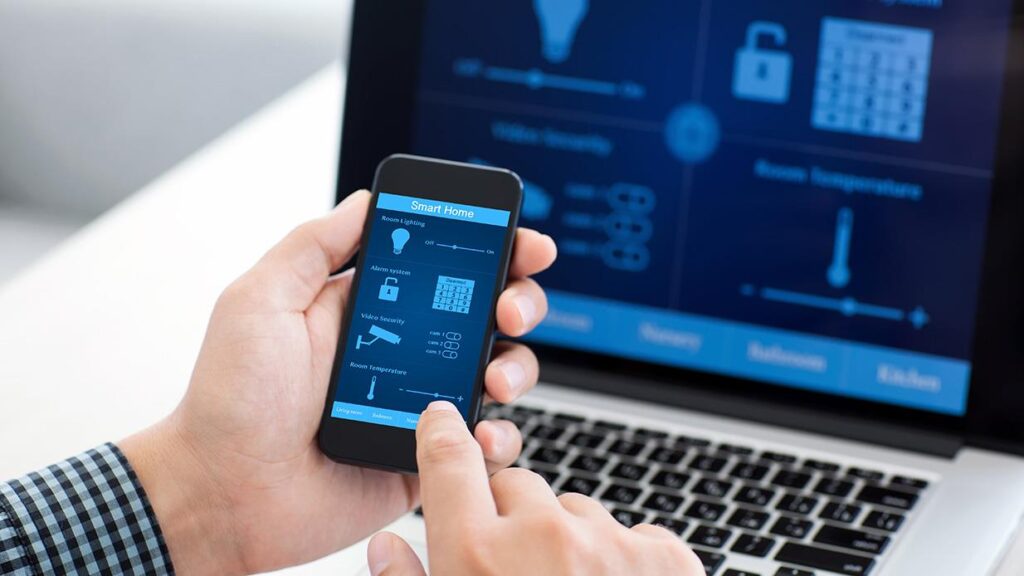
You need to think about whether or not you want your system monitored. This seems to be a no-brainer in the sense that an unmonitored security system is little more than a noisemaker. What’s the point in that? According to Vivint Smart Home, homeowners need to “take steps to ensure their homes are secure.” They even offer a home security quiz to help homeowners figure it out.
Taking every step to ensure security includes monitoring. Knowing that you have to decide whether you are comfortable with DIY monitoring or you would rather pay for professional service. Either choice is legitimate.
DIY monitoring involves setting up your system to send you text and email alerts whenever an alarm is triggered. It is up to you to respond to such alerts in whatever way you deem best. Likewise, professional monitoring alerts the monitoring company when alarms are triggered. Trained personnel respond to said alerts according to company policies and industry standards.
3. How Vulnerable Your Home Is
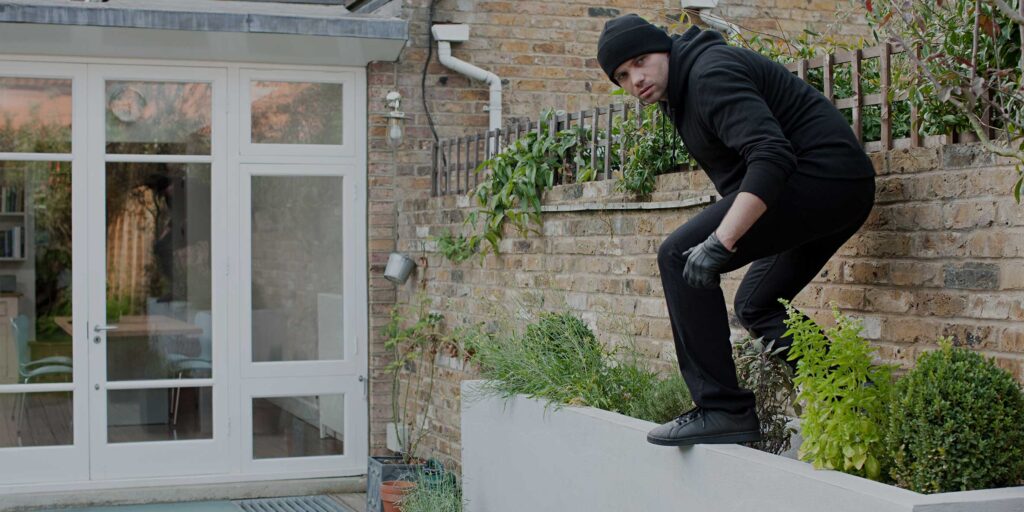
Before you invest in home security, also step back and assess just how vulnerable your home is. The point here is to determine what vulnerabilities can be solved outside of the technology realm. Take the appearance of your home’s exterior, for example.
Burglars are attracted to homes with poorly maintained exteriors. Why? Because a homeowner who does not make the effort to keep the grass cut and the bushes trimmed is likely to be equally nonchalant about protecting what is inside the home. This particular issue is not one you can solve with technology.
Likewise, single-pane windows in the basement are an open invitation to experienced thieves who know how to get in and out quickly. The best way to address the issue is not with surveillance cameras and motion sensors, it is to replace the single panes with block glass.
4. Who Lives with You
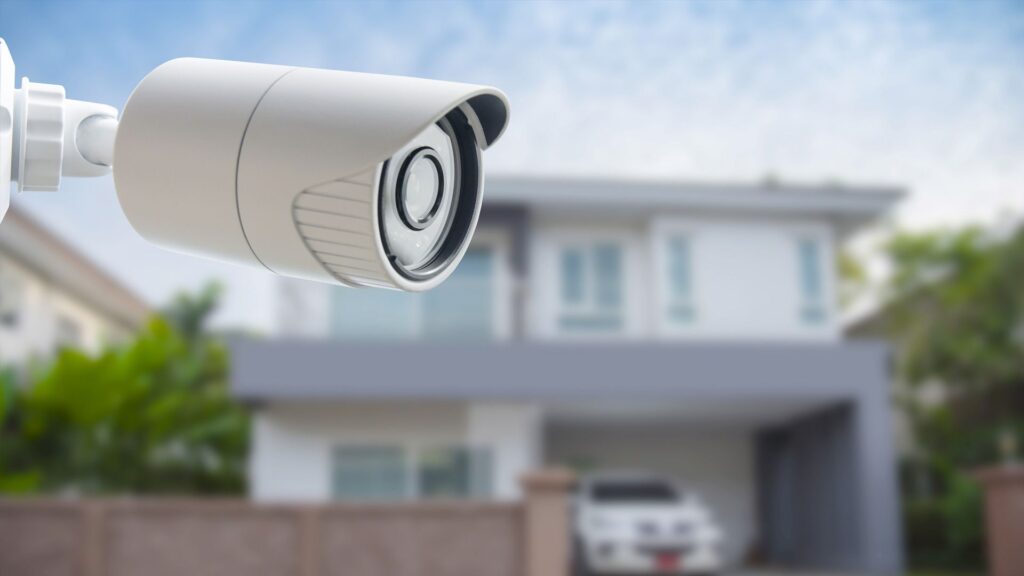
Next up, your investment in home security may be partially directed by those who live with you. If you are among Houston’s singles, you have no one to protect but yourself. But what if you are married with children? What if your older parents live with you?
Different family units have different security needs and vulnerabilities. Families with young children are arguably the most vulnerable just because kids offer so many more opportunities for things to go wrong. The take-away here is one of evaluating family makeup before deciding what to buy.
Video cameras are a very good idea if you have young children at home. Around-the-clock professional monitoring might be on the table if your parents struggle with health issues. You might want smart door locks if you have adult children who live elsewhere but frequently come and go.
5. Your Options for Providers
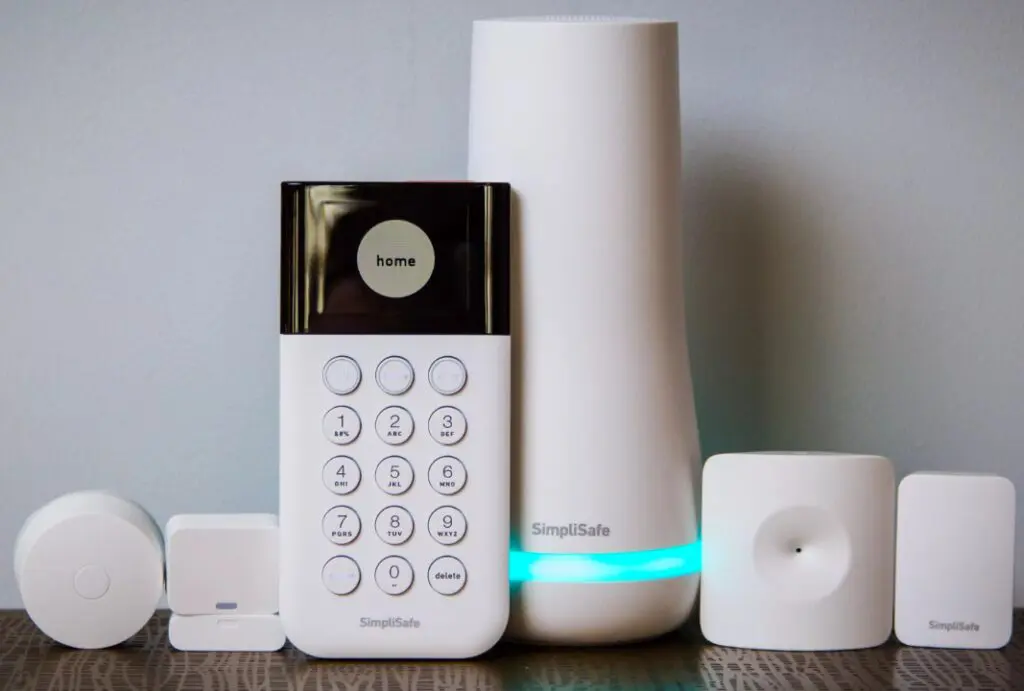
When you work through all of the other considerations and are finally ready to go, the last thing to consider is the options for providers. That same Houston Chronicle article that pointed out the increase in local crime also explained that not all security companies are safe to do business with.
The Chronicle and the local BBB recommend contacting multiple companies before choosing one. That is sound advice. Researching company reputations, licensing, and credentials is a great way to weed out the undesirables.
Price is also going to be a consideration from one provider to the next. Understand that pricing is often contingent on the level of service you receive. A DIY system that you install and monitor yourself should be the least expensive. The most expensive systems are those that are professionally installed and monitored.
Home security can be a major financial investment. But more than that, it is an investment in your peace of mind. Before you put any money into a home security system, take the time to think things through. The more thought you give to the topic, the more prepared you will be to make the right decisions.




